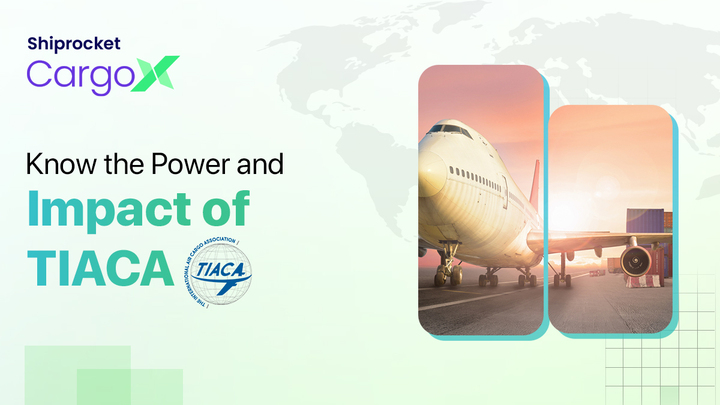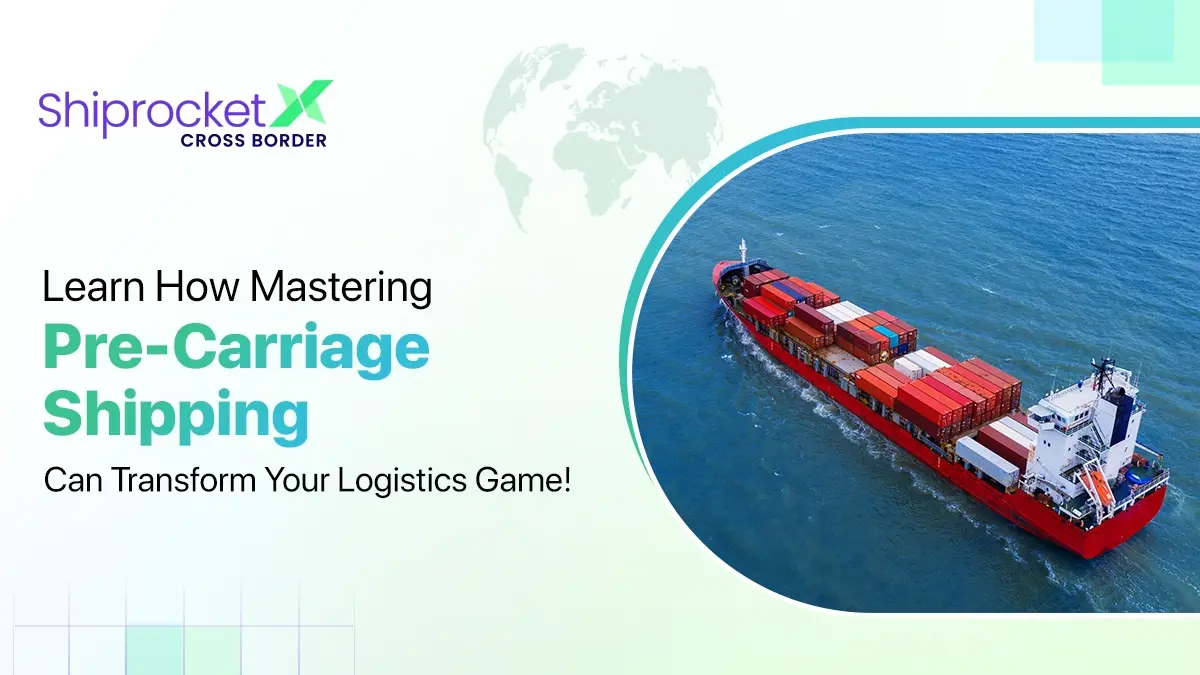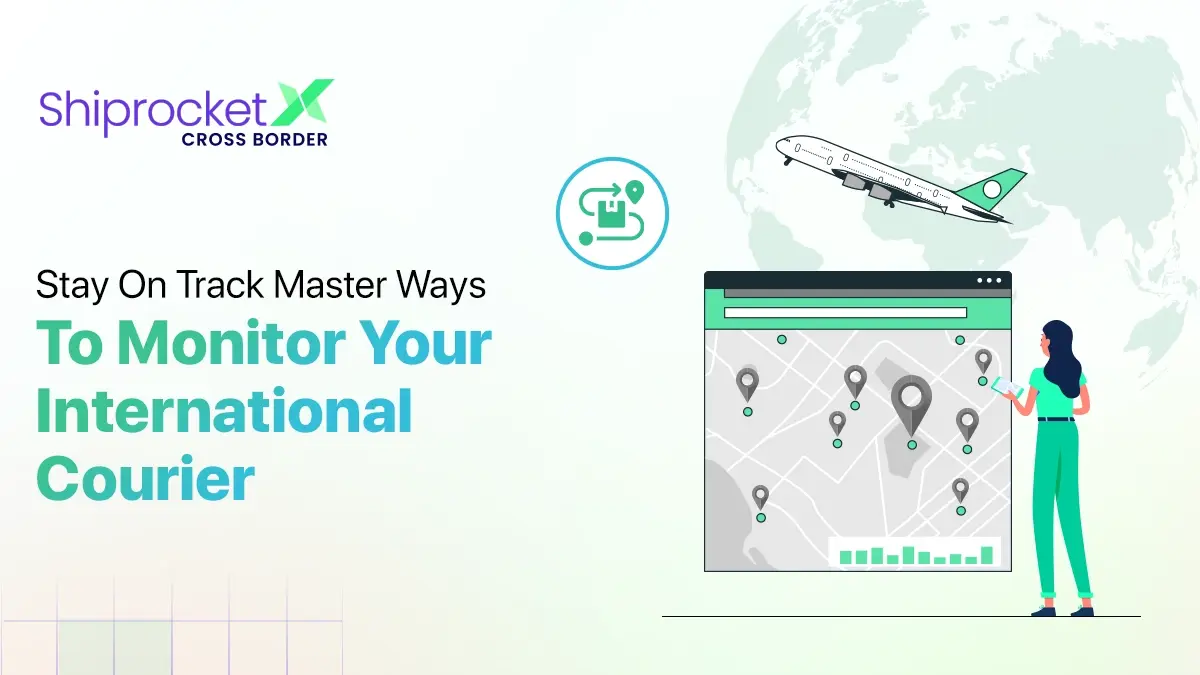What is the role of the International Air Cargo Association?
The International Air Cargo Association (TIACA) is an organization that represents all fragments of the air freight supply chain management system. The brilliance of the TIACA is that it is a non-profit organization that informs, supports, and helps companies network efficiently. It strives to develop a sophisticated, efficient, and secure air cargo industry that is globally unified.
It supports every type of business and deploys policies and regulations that govern all its members, thereby giving this industry a unified voice. This article elaborates on everything that the TIACA is about, right from its history. It will enable you to understand how this non-profit organization works and what it can do for you.

History and Background of TIACA
The International Air Cargo Association was founded in 1990 and its working secretariat is located in the United States of America. The roots of this visionary organization date back to 1962. A group of automotive engineers launched the first Air Cargo Forum. The forum was held in Atlanta, Georgia, USA, and aimed at exploring the demands of the emerging air cargo industry.
This organization is governed by a board of members in Miami, Florida, USA. These trustees elect the directors of the board to manage the affairs of this entity and also come up with unified policies. The board of directors not only administers the organization but also oversees the structure of the committee. They also exert executive authority over the vents held by the TIACA.
Structure and Membership
The International Air Cargo Association which represents the air cargo industry across the globe is a rather unique organization. They are the prime voice for shippers, freight forwarders, airlines, airports, ground handlers, solution strategists, etc. They also represent the universities, academia, and cargo media.
The TIACA offers two types of memberships. These are given below:
- Voting members: The rights and privileges of the association are granted to the members with the right to vote. These members are called the trustees. These trustees are always kept informed via the quarterly Trustee Connect newsletter. They are also invited to all the webinars and meet-ups at industry events.
- Non-voting members: Such members who do not possess voting rights are divided into four categories. They encourage the participation of members from all industries irrespective of whether they are new or old within the industry. From businesses, corporate organizations, start-ups, and affiliates, everyone is invited.
Primary Goals, Objectives, and Vision of TIACA
The vision of the TIACA is rather simple. They envision a safe and gainful air cargo industry that is unified globally. They also hope to see the industry embrace and employ modern technology and sustainable practices to enhance trade and social development across the globe.
The primary objectives of TIACA include the following:
- Setting up a vision for the air cargo industry to thrive
- Unification of the air cargo industry such that they act as a single voice of common interests
- Enable the changes necessary in the air cargo world through appropriate support and leadership
- Pass down the learnings and enhance the knowledge amongst the members of the association
- Encourage business, social, and technological innovation
Functions and Responsibilities
Here are the functions and responsibilities of the International Air Cargo Association:
- International Air Cargo Association connects and supports companies of all sizes. The main goal of TIACA is to develop an efficient, unified, and modern global air cargo industry.
- It facilitates the monitoring and implementation of standard eCommerce practices throughout the air cargo supply chain.
- TIACA aims to develop security measures that are practical, affordable, and effective. It will help to keep disruptions to the flow of air cargo minimal. It ensures speed, on which air cargo essentially relies, is not compromised for any reason.
- It promotes the development and implementation of principles and strategies to ensure legitimate public concerns for environmental policies are quickly addressed.
- TIACA also reforms and modernizes custom and standard practices to improve overall performance in the industry.
- It handles and reduces restrictions that are imposed on the air cargo industry. By eliminating the air cargo industry’s reliance on the current bilateral traffic rights agreements, TIACA helps increase market access.
- Overall, it works towards representing the air cargo industry at national and multinational levels before relevant regulatory bodies.
Initiatives and Programs Undertaken by TIACA
Most of the work of the International Air Cargo Association focuses on several aspects that support the air cargo industry and its members. Their work prioritizes advocacy and collaboration efforts. TIACA also focuses on leading industry and other people-related projects, including the following areas.
- Transportation of COVID-19 Vaccines
In partnership with Pharma. Aero, TIACA launched the Sunrays program in August 2020. This program’s main objective was to help the air cargo industry prepare for the unprecedented logistics and other challenges it might face in delivering the COVID-19 vaccines. This program also helped the air cargo industry gain better visibility on the future COVID-19 vaccine requirements that will have a major impact on logistics.
This program had a two-way benefit, helping pharma companies and shippers gain more insight into the existing capabilities of air freight.
- Uniting the Air Cargo Industry
TIACA partners for growth, change, and innovation because they work on the philosophy of togetherness. It is an international association that works to unite and represent all aspects of the air cargo industry on common grounds. They partner and engage with relevant industry associations and authorities to identify common interests and objectives to strengthen operations.
TIACA has partnered with:
- Civil aviation authorities
- Customs and trade facilitation agencies, including WCO, UNCTAD, etc.
- Regional airline associations like the African Airlines Association (AFRAA), etc.
- Airports
- Regional shippers’ associations like ESC, GSF, etc.
- Forwarders associations
- Specialized industry associations, including Pharma.Aero, Animal Transport Association, Routes, etc.
- Economics
Through this program, TIACA is advocating for the use of dynamic load factors. It means the air cargo industry should adopt the dynamic load factor methodology that is developed by CLIVE Data Services. However, this must be in addition to traditional weight-based load factor indicators. The proposed dynamic load factor takes into account both volume and weight. It gives the air cargo industry a better view of how the capacity of air cargo is used.
Through monthly economics briefings and regular webinars, TIACA gives its members an analysis of the dynamic load factor.
- Hall of Fame
As the name suggests, this TIACA program honors the professionals in the air cargo industry. These professionals are the ones who have played a big role in the growth and success of the aviation sector. The air cargo industry is comprised of several talented individuals, but those who truly stand out are the ones who:
- Have an innovative spirit
- Demonstrate exceptional leadership
- Contribute to the overall development of the air cargo industry
- Training
The TIACA training program helps air cargo professionals in upskilling. These professionals include airline workers, shippers, ground handlers, airport operators, logistics service providers, freight forwarders, and regulators. It wants to prepare these individuals to become leaders of the next generation since they are the ones who’ll shape the future of this industry with ambition and a strong vision.
TIACA creates and delivers training in collaboration with several training partners, including Strategic Aviation Solutions International (SASI) and the International Civil Aviation Organization (ICAO).
- Sustainability Program
TIACA aims to support its members and the overall air cargo industry in the initiative to do good for our planet Earth. Here are the objectives of this program:
- Promote sustainability within the air cargo industry
- Raise awareness surrounding sustainability in the air cargo industry
- Create best practices to support sustainability
- Drive innovations and collaborations
- Support members in achieving sustainability
- Help organizations of all sizes to create their own strategies and action plans for sustainability
- Celebrate individual achievements
- Bring together different stakeholders with common goals and commitment
Impact and Influence of TIACA in Shaping the Air Cargo Industry
As mentioned before, TIACA is a not-for-profit organization. It connects and supports companies of all sizes to improve the efficiency of the overall air cargo industry. Several activities form part of TIACA’s efforts, including supporting its members and working with industry regulators to advocate for a safe, efficient, and profitable air cargo industry.
Not just, it also encourages innovation, knowledge sharing, and cooperation to drive the growth of the industry.
Challenges and Future Directions
The International Air Cargo Association (TIACA) has pointed out several challenges it faces while working for an efficient and unified air cargo industry. These include the following:
- Ensuring sustainability in the air cargo industry
- Severe geopolitical situations
- Regular fluctuations in market demand
- Rates that significantly bring down revenue
- Forced all-cargo carriers to scale back operations
- Reduced or delayed aircraft investments
- Uncertain shipment tracking system
- Handling and facility space may become a problem in the future
- The air cargo industry may face issues related to the availability and scarcity of resources and their optimum utilization.
- A shortage of maritime transport capacity may put significant stress on the air cargo industry in the future.
Conclusion
All of the components that make up the air freight supply chain management system are represented by the International Air Cargo Association (TIACA). The originality of the TIACA is in its non-profit status as a resource for information, assistance, and effective company networking. It provides this industry with a cohesive voice by supporting all sizes of businesses and implementing rules and policies that impact all of its members. The TIACA hosts several summits and meet-ups to encourage advancements in the air freight world. They are devoted to improving how air shipping will function. The members and the board of directors together facilitate international trade via a standard set of rules eliminating complications along the process. TIACA aims to create a worldwide, integrated air cargo business that is advanced, effective, and secure.
Streamline Your International Shipping with CargoX:
Shiprocket’s CargoX is such an international logistics service that fits into definitions of an ideal cargo business. With CargoX’s reliable services, you can transport your large shipments seamlessly across borders. They have a network connecting more than 100 overseas destinations and ensure timely B2B deliveries.
TIACA strives to support its members and the air cargo industry to transform to do good for the planet, the people and the business through innovation and partnerships. This is simplified as their 3+2 vision, meaning people, planet, prosperity + innovation and partnership.
TIACA represents the air cargo industry, with members including air and surface carriers, shippers, forwarders, manufacturers, vendors, countries, airports, consultants, financial institutions, solution providers, ground handlers, cargo media, and more.
The main role of TIACA includes keeping the public informed about the air cargo industry, supporting businesses, advocating for policy changes, providing guidance and network opportunities, etc.
Air cargo companies are also known as air freight carriers or cargo airlines. These companies specialize in transporting goods by air. They are an important part of the airline industry as they allow airlines to move freight easily, safely, and quickly from one place to another.





